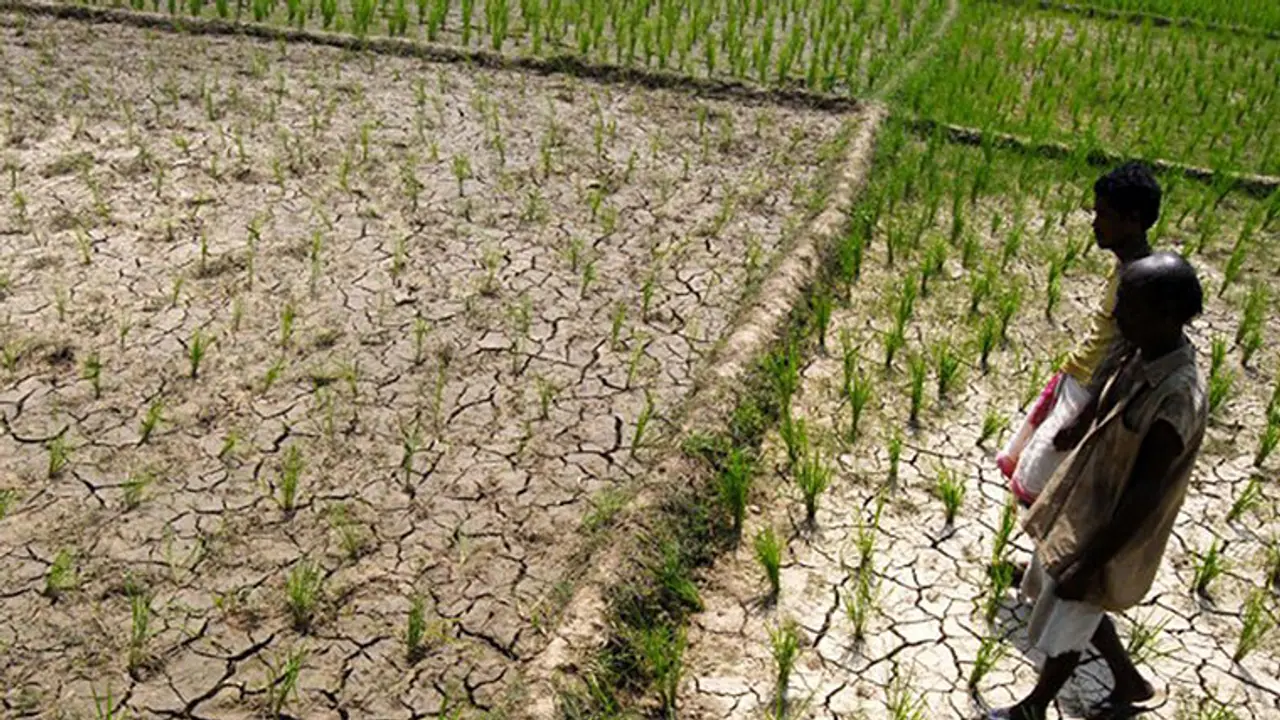The temperature has been on the rise for past few days Increasing temperature would adversely affect the crops and insect diversity The climate variation is also likely to affect pest and disease resistance
Wayanad, one of the most sought out tourist destinations in Kerala, is witnessing its hottest days with the temperature touching 34.2° Celsius. The daytime temperature usually hovers around 33.5° Celsius, almost two degrees above normal temperature.

The situation has left agriculture, the primary driver of Wayanad's economy is under the threat of severe drought which is likely to bring its economy to a halt. Meteorology officials said the temperature has been on the rise for past few days.
The average temperature recorded in the district is 32° Celsius while it was 30° Celsius during the corresponding period last year. In 2012 temperature was only 25.3° Celsius during this time of the year.
Wayanad is the major producer of tea, coffee and pepper in the state and the increasing temperature would adversely affect the crops, Regional Agriculture Research Station associate director of research P Rajendran said.
Efforts should be made for rainwater harvesting and to ensure enough drinking water during summer. Rejuvenating paddy cultivation and planting trees are likely to restore the climate in the region, he said.
The climate variation is also likely to affect pest and disease resistance and resilience of crops. The photoperiodic response of rice will be affected resulting in a lesser yield, M S Swaminathan Research Foundation director N Anilkumar said.
The rising temperature also affects the behaviour pattern of insects. This is also likely to affect crops. Major crops like cardamom and coffee are insect pollinated. The increase in heat could also hit insect diversity, especially honeybees.
However, Kerala lacks quality research data to assess the impact on crops. We are only looking into the political dimensions of the issue and not to scientific aspects, he said.
